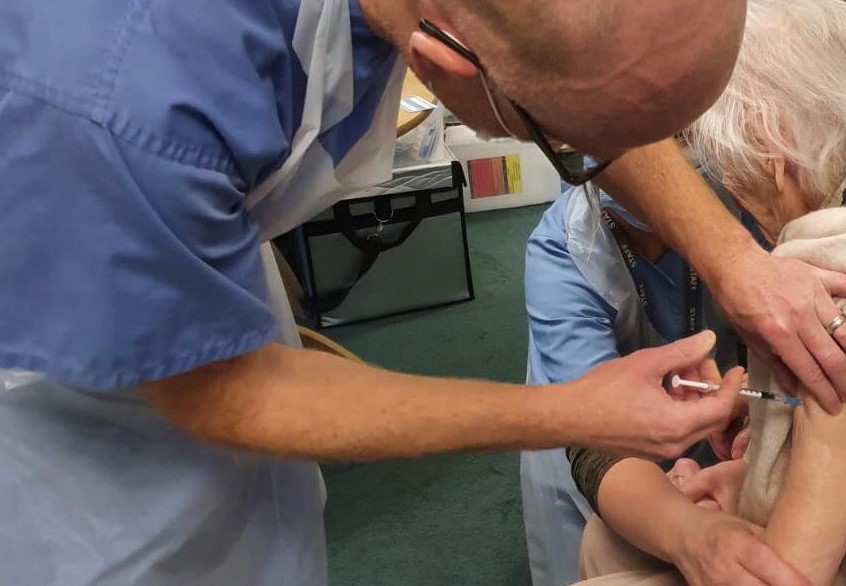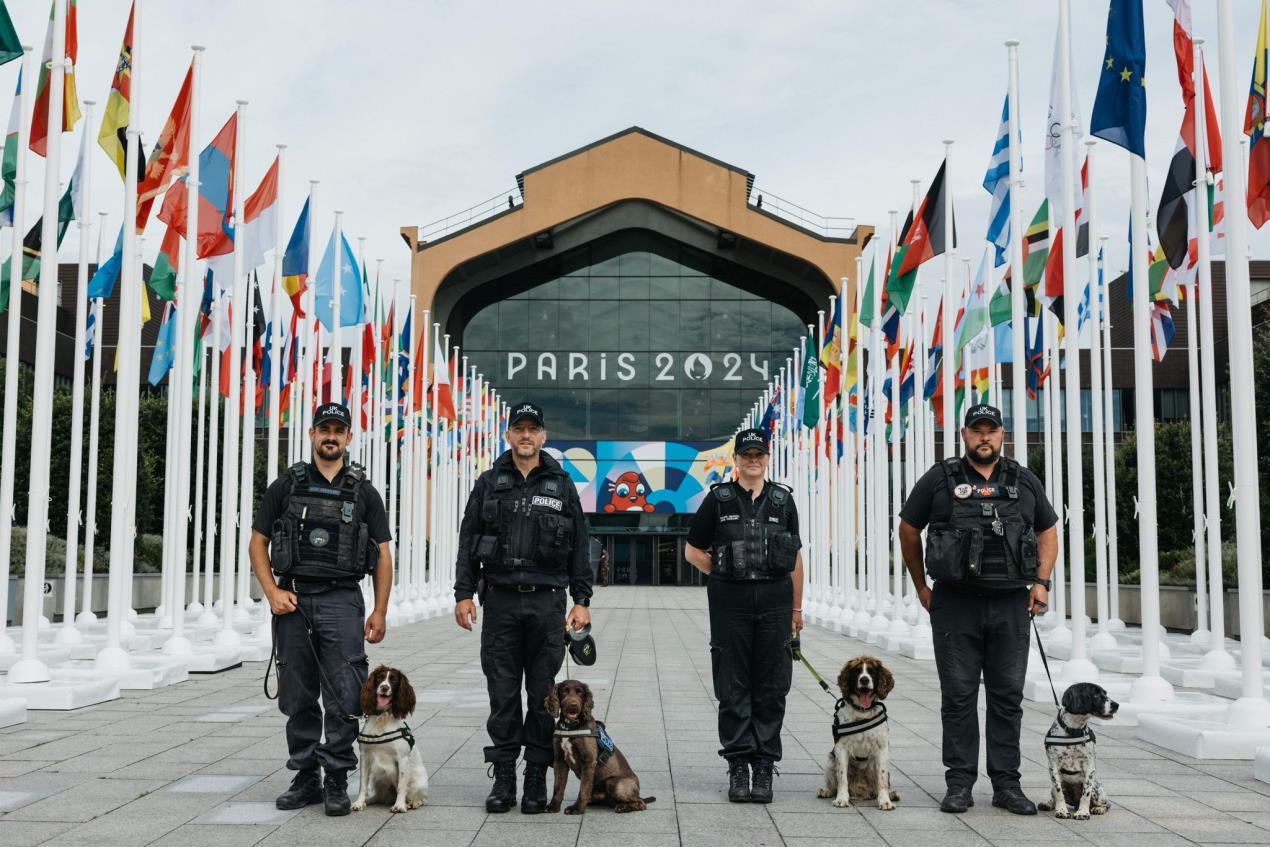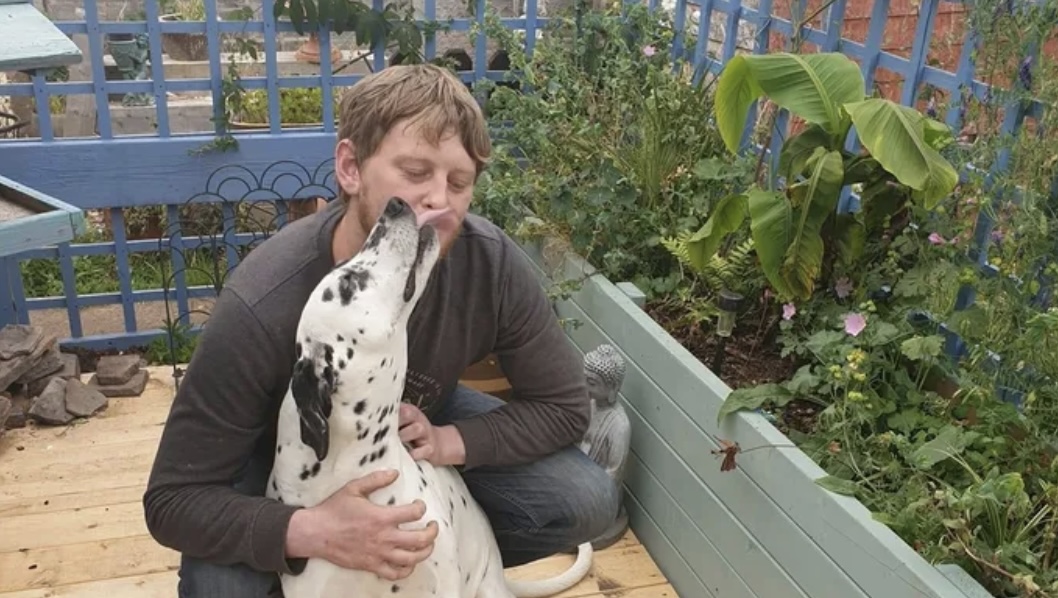Over 119,000 first doses of a COVID-19 vaccine have been completed in Herefordshire, latest figures issued by NHS England confirm.
A total of 119,295 first doses of a COVID-19 vaccine have been completed in Herefordshire, with the Pfizer, Moderna and Oxford-AstraZeneca jabs all being rolled out across the county.
It means that close to two thirds of the total population of the county of Herefordshire have now received at least one dose of the vaccine, with approximately 75% of adults having received their first dose. What’s even more encouraging is that over 50% of the adult population of Herefordshire have now received both doses of a COVID-19 vaccine, with 88,178 second doses being completed in the county.
Number of 1st doses by age:
Under 30: 5,869
30-34: 4,323
35-39: 6,384
40-44: 7,752
45-49: 9,588
50-54: 12,510
55-59: 13,658
60-64: 12,871
65-69: 11,868
70-74: 12,438
75-79: 9,374
80+: 12,660
Number of 2nd doses by age:
Under 30: 3,975
30-34: 2,283
35-39: 2,503
40-44: 2,728
45-49: 3,523
50-54: 8,955
55-59: 8,229
60-64: 10,696
65-69: 11,406
70-74: 12,224
75-79: 9,249
80+: 12,407
SOURCE: Statistics » COVID-19 Vaccinations (england.nhs.uk)
Over half of UK adults vaccinated with second dose
- More than 75% of people in the UK now vaccinated with a single dose
- Public urged to come forward for second doses to help protect against the threat of new variants
More than half of all adults in the UK have received a second dose of a COVID-19 vaccine, the latest figures published today (Thursday 3 June) show, as the vaccination programme continues at unprecedented pace and scale.
Health services across the UK have now administered a total of 66,180,731 vaccines between 8 December and 2 June, including 39,758,428 people with first doses (75.5%) and 26,422,303 people with both doses (50.2%), ensuring they have the strongest possible protection against COVID-19 from a second dose.
A recent study by Public Health England (PHE) shows that 2 doses of the COVID-19 vaccines are highly effective against the B.1.617.2 (Delta) variant first identified in India. Vaccine effectiveness against symptomatic disease from the B.1.617.2 (Delta) variant is similar after 2 doses compared to the B.1.1.7 (Alpha) variant dominant in the UK, and we expect to see even higher levels of effectiveness against hospitalisation and death.
The government met its target of offering a vaccine to the most vulnerable by 15 April and remains on track to offer a first dose to all adults by the end of July. NHS England has extended the offer of a vaccine to everyone over the age of 30.
Health and Social Care Secretary Matt Hancock said:
Shortly after vaccinating three-quarters of adults with a first dose, I’m thrilled that we have now vaccinated over half of adults with the life-saving second dose.
We know how important the second dose is to give protection, particularly against the Delta variant. That’s why we’ve brought forward appointments from 12 to 8 weeks for the most vulnerable people.
I encourage everyone who is eligible to join the millions who have the fullest possible protection from this virus. Let’s roll up our sleeves and put this pandemic behind us, once and for all.
Last week, the Medicines and Healthcare products Regulatory Agency (MHRA) announced that Janssen’s COVID-19 vaccine was authorised for use in the UK. It is expected to be available for use later this year. The single-dose vaccine was shown to be 67% effective overall in preventing COVID-19 infection and 85% effective in preventing severe disease or hospitalisation.
To ensure people have the strongest possible protection against COVID-19, appointments for second doses have been brought forward from 12 to 8 weeks for the remaining people in the top 9 priority groups who have yet to receive both doses.
The move follows updated advice from the independent experts at the Joint Committee on Vaccination and Immunisation (JCVI), which has considered the latest available evidence and has recommended reducing the dosing interval to counter the threat of new variants of concern.
The government and its scientific experts are monitoring the evolving situation and rates of variants closely, and will not hesitate to take additional action as necessary.
Vaccines Minister, Nadhim Zahawi, said:
Over half of UK adults have now been fully vaccinated and have maximum protection against this awful virus, which is heart-warming news.
Everyone who has received their second dose can breathe a huge sigh of relief knowing that they have ultimate protection from the virus and the new variants.
We have come an incredibly long way in just under 6 months with our vaccination programme. But our work is not done yet. If you’ve had one dose, please come back for your second jab when you get the offer.
Vaccinated people are far less likely to get COVID-19 with symptoms. Vaccinated people are even more unlikely to get serious COVID-19, to be admitted to hospital, or to die from it and there is growing evidence that vaccinated people are less likely to pass the virus to others.
Data from PHE’s real-world study shows the vaccines are already having a significant impact in the UK, reducing hospitalisations and deaths, saving more than 13,200 lives and preventing 39,700 hospitalisations in England.
PHE analysis also shows that individuals who receive a single dose of the Oxford/AstraZeneca vaccine have approximately 80% lower risk of death against the B.1.1.7 (Alpha) coronavirus variant originating in Kent and a second dose of the vaccine can provide 85 to 90% protection against symptomatic disease. Protection against death from the Pfizer-BioNTech vaccine rises from approximately 80% after one dose to 97% after 2 doses against the B.1.1.7 (Alpha) variant.
Data published by YouGov shows the UK continues to top the list of nations where people are willing to have a COVID-19 vaccine or have already been vaccinated.
ONS data published on 6 May found that more than 9 in 10 (93%) adults reported positive sentiment towards the vaccine.
Approved vaccines are available from thousands of NHS vaccine centres, GP practices and pharmacies. Around 98% of people live within 10 miles of a vaccination centre in England and vaccinations are taking place at sites including mosques, community centres and football stadiums.
Contains public sector information licensed under the Open Government Licence v3.0.




